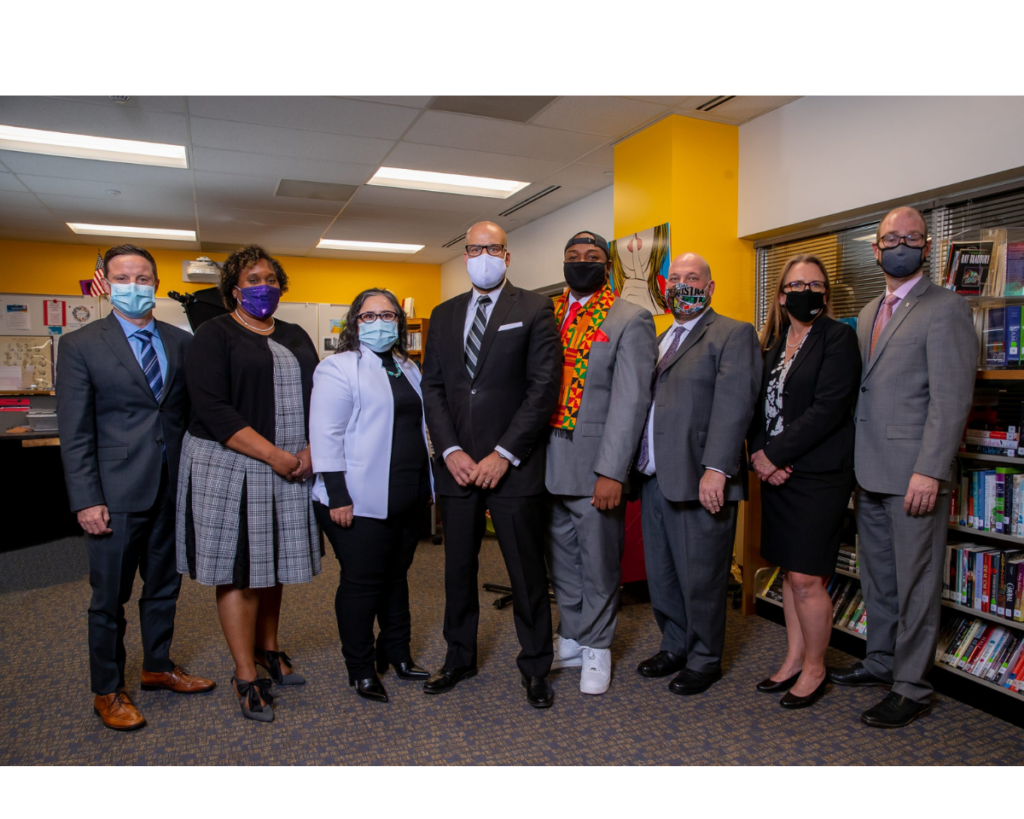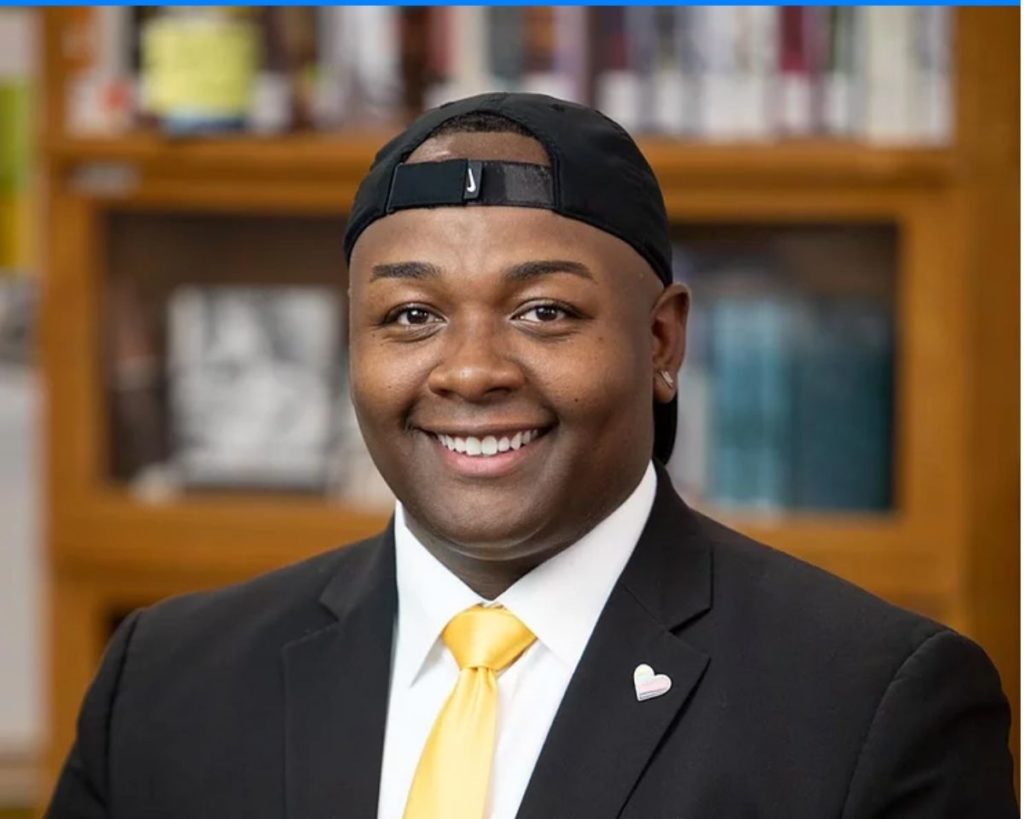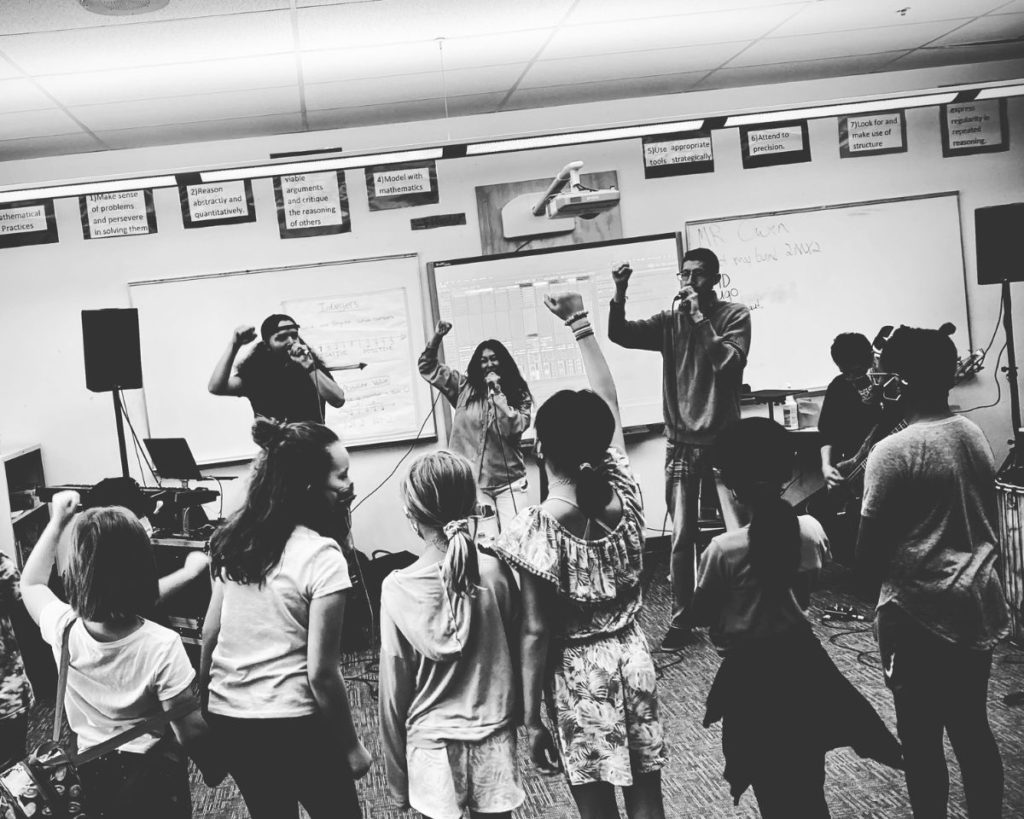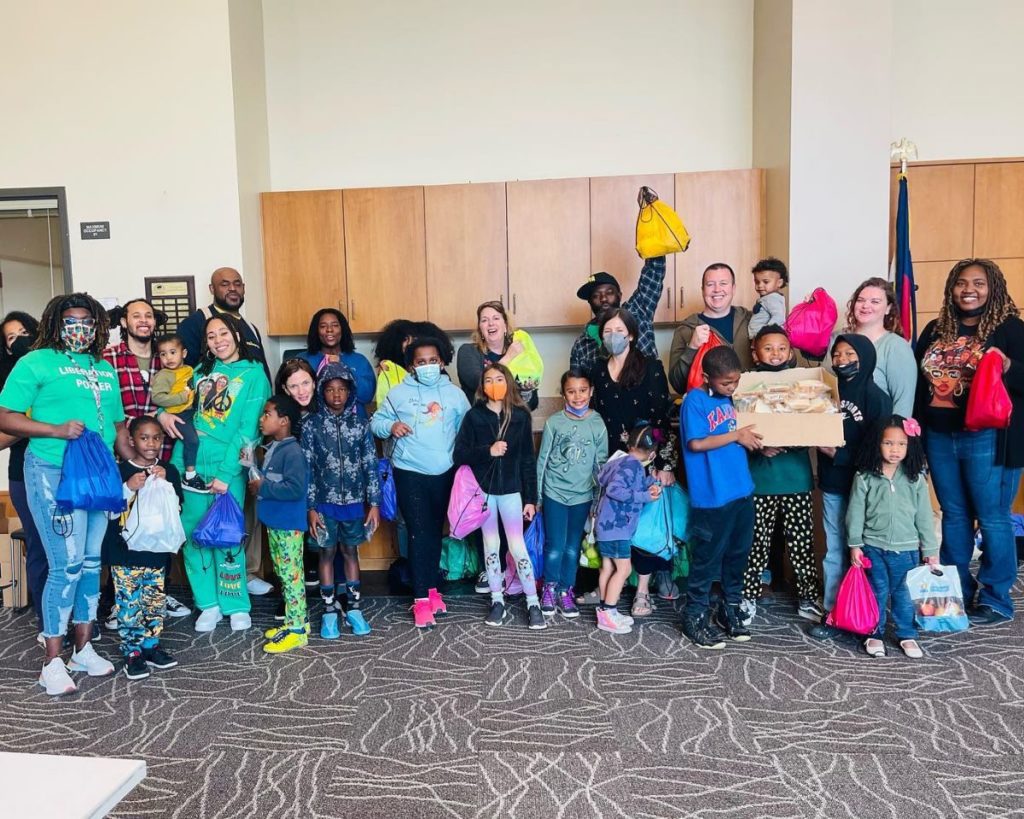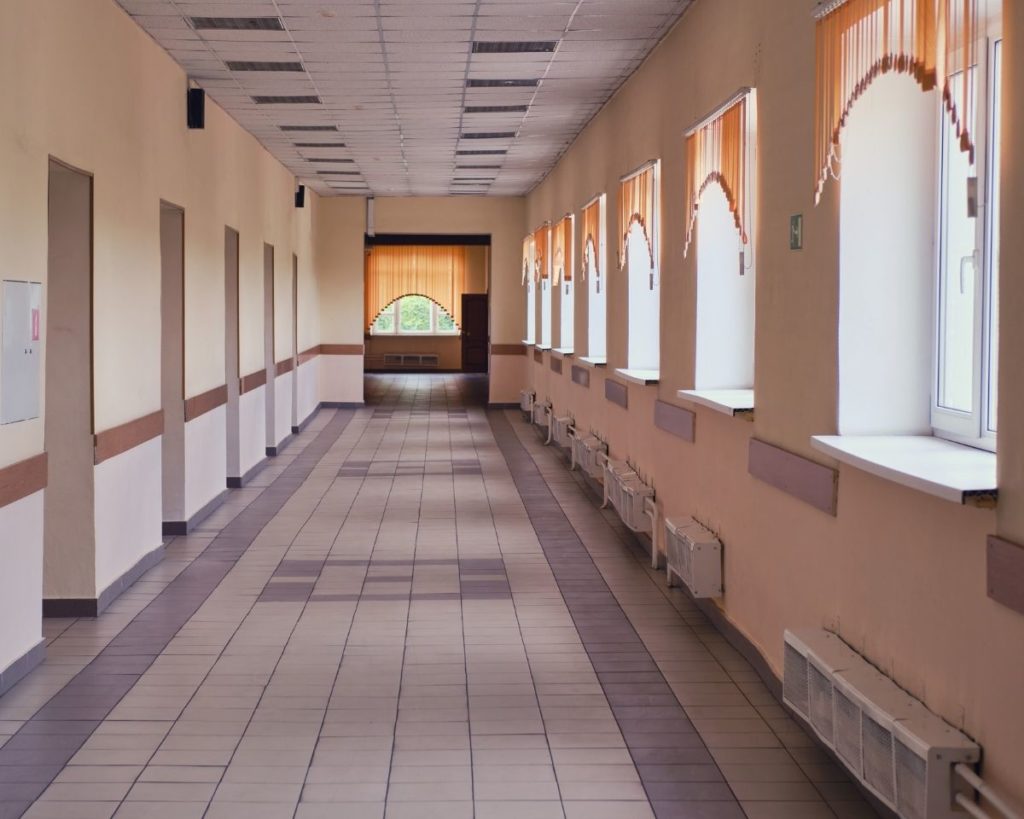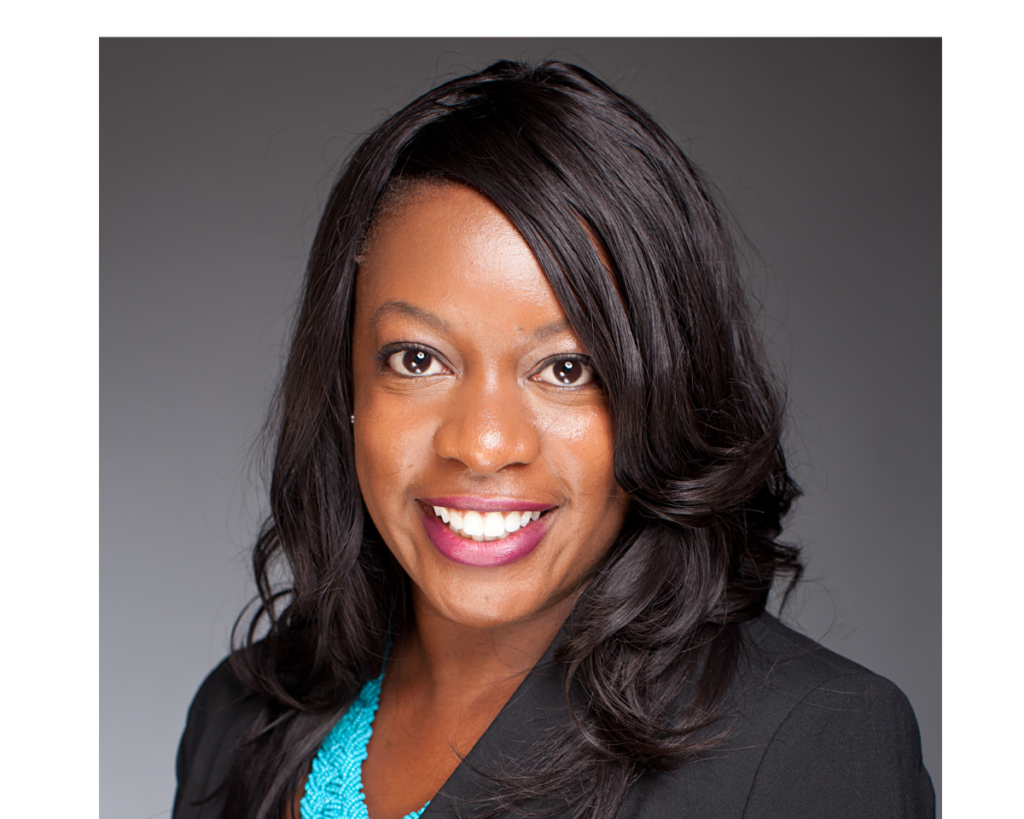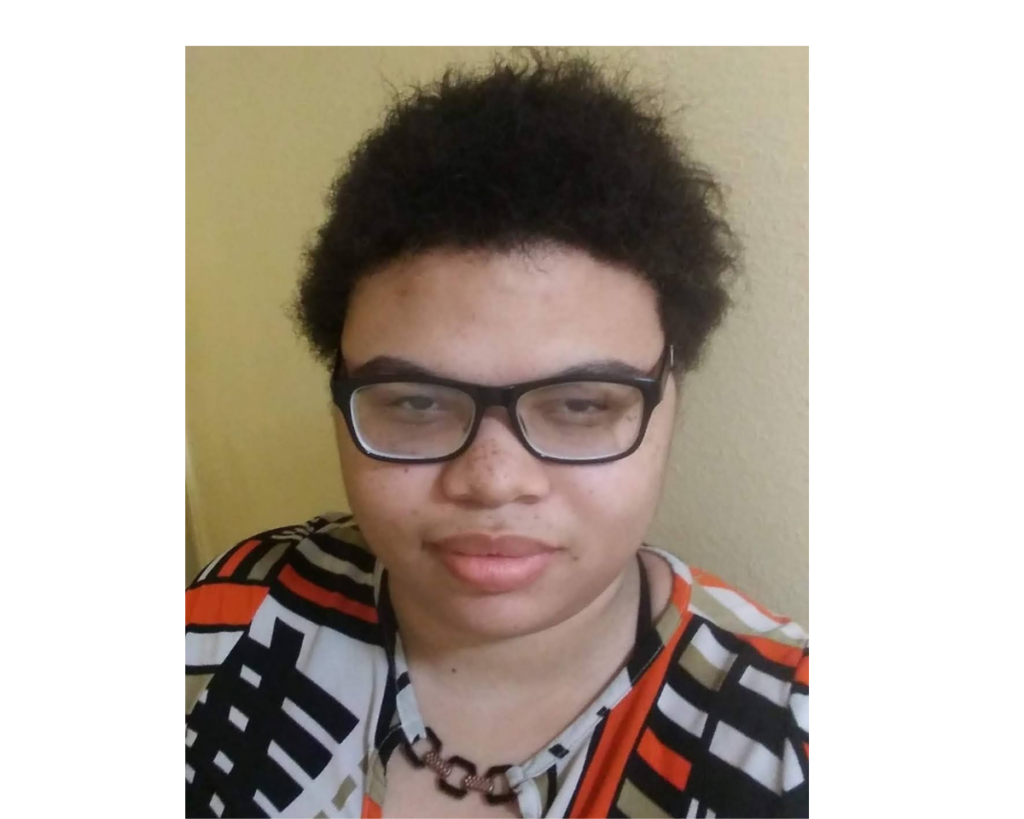DPS board restores some innovation school freedoms
A divided Denver Public Schools Board of Education Thursday restored some of the autonomy to 52 innovation schools it had stripped away in an overly-hasty move last March.
DPS board restores some innovation school freedoms Read More »

